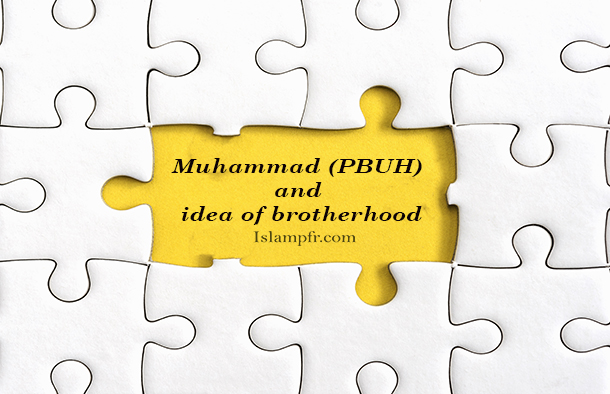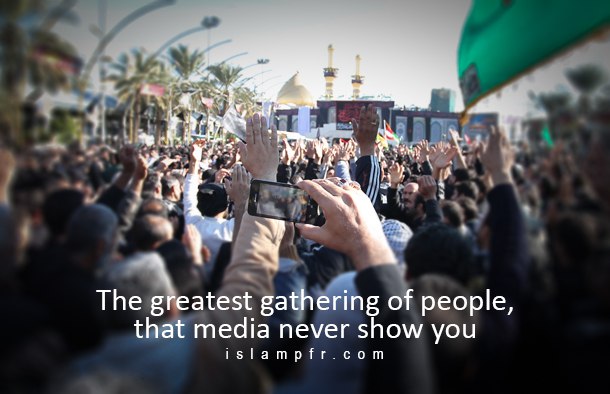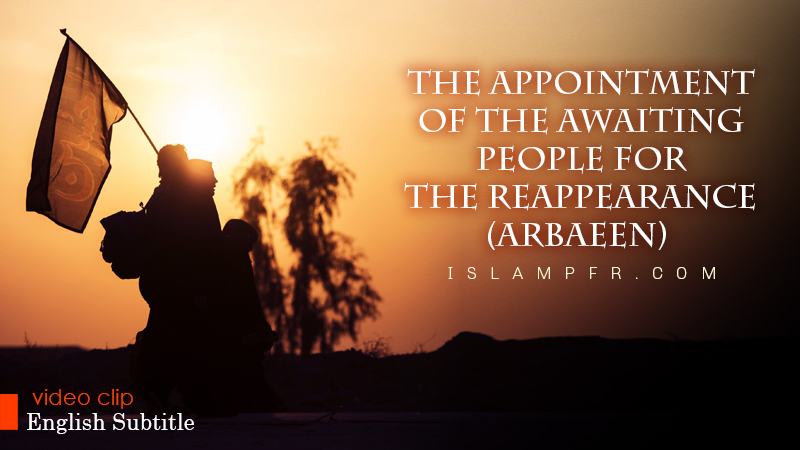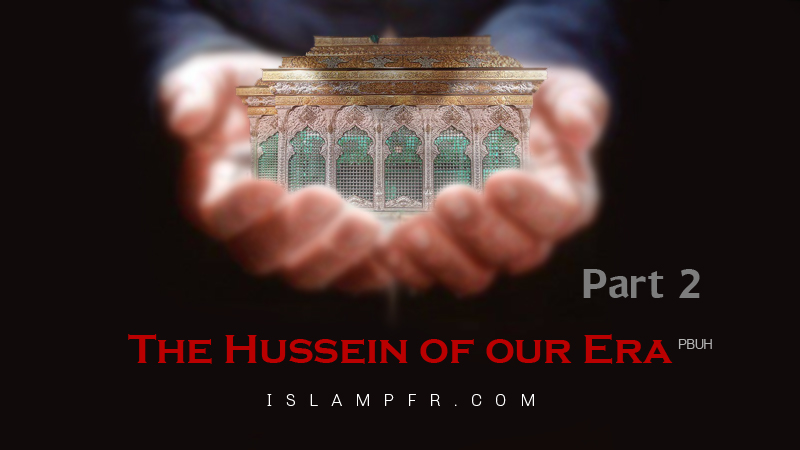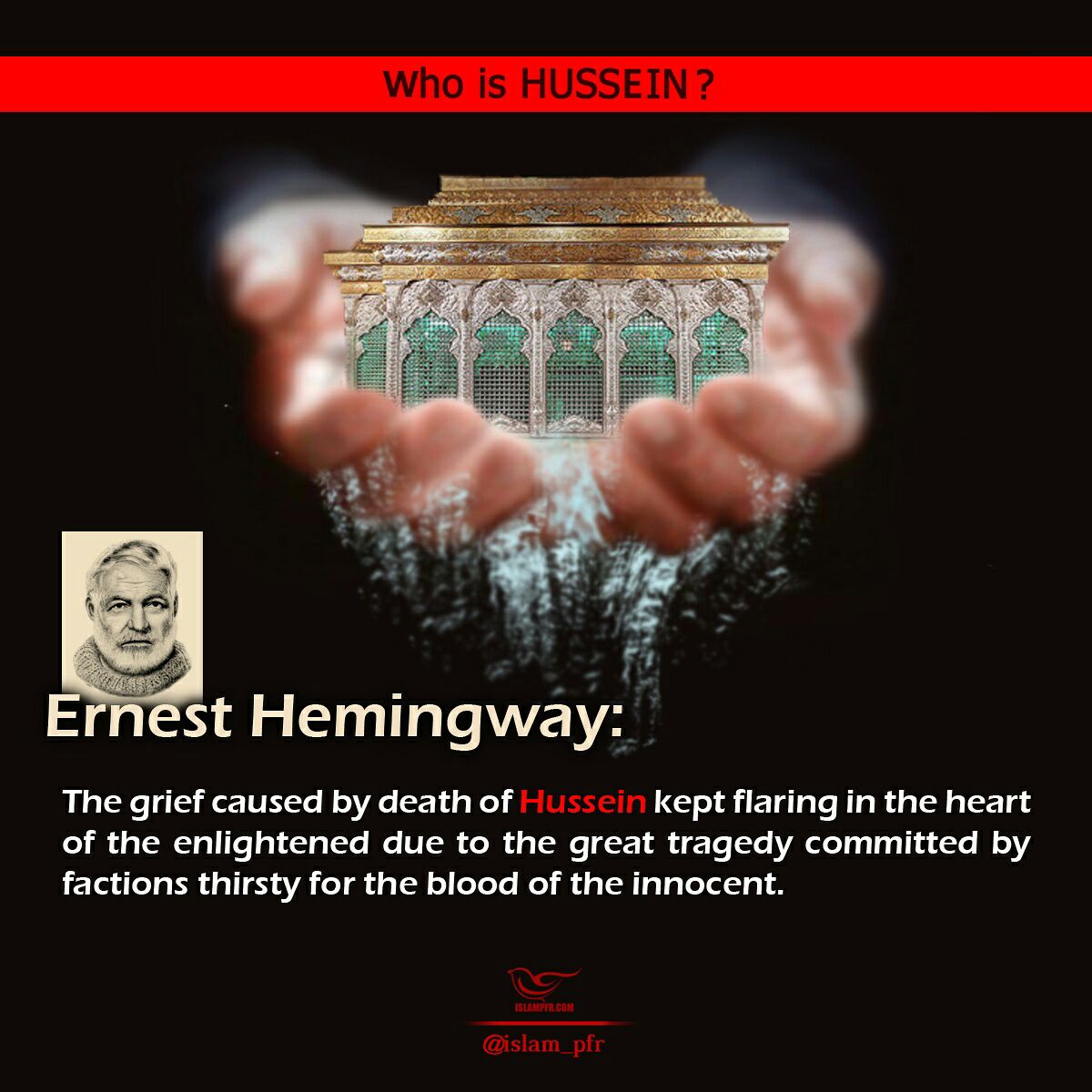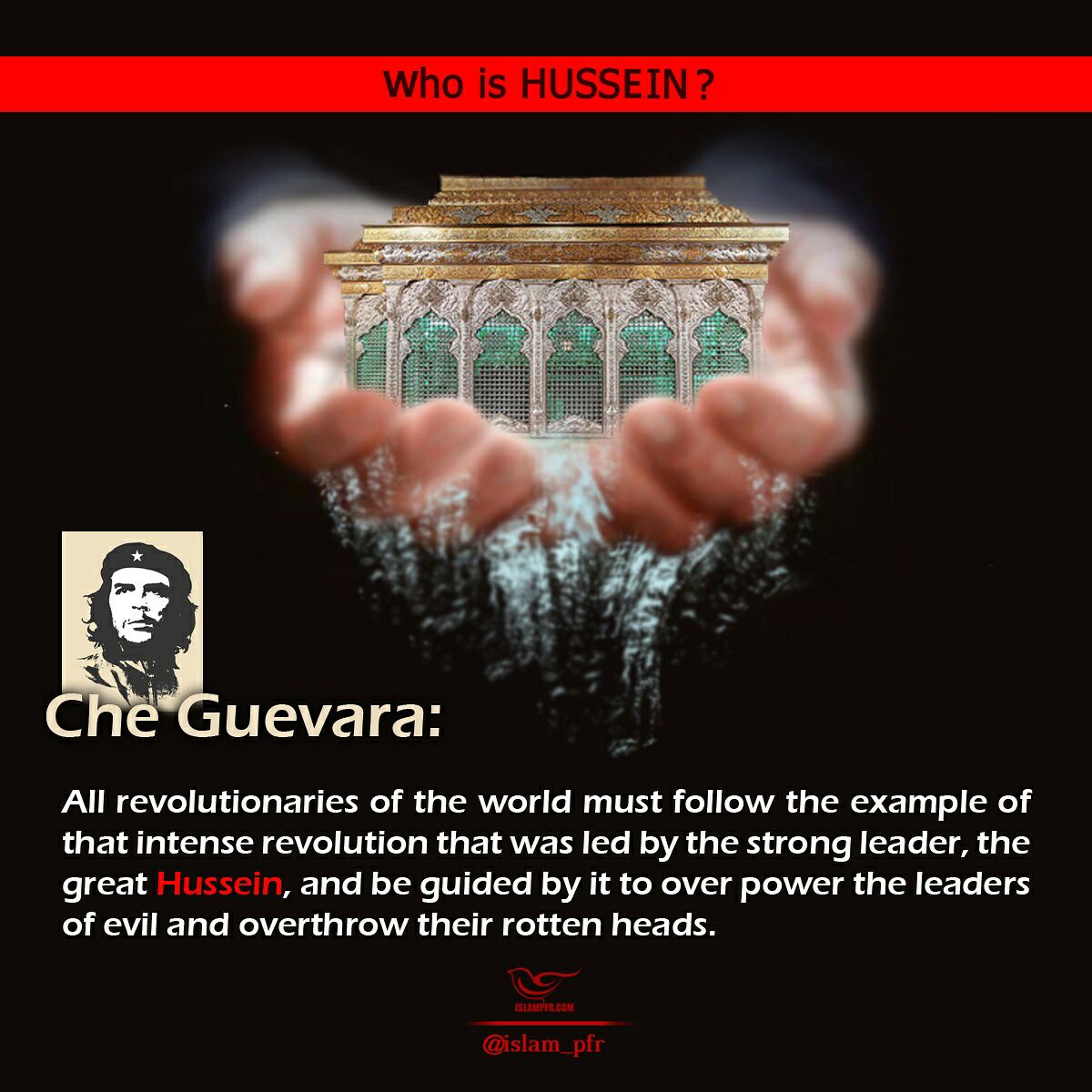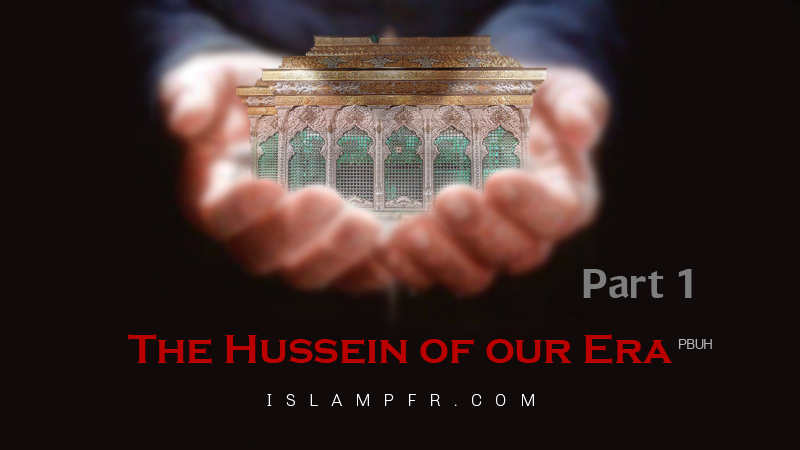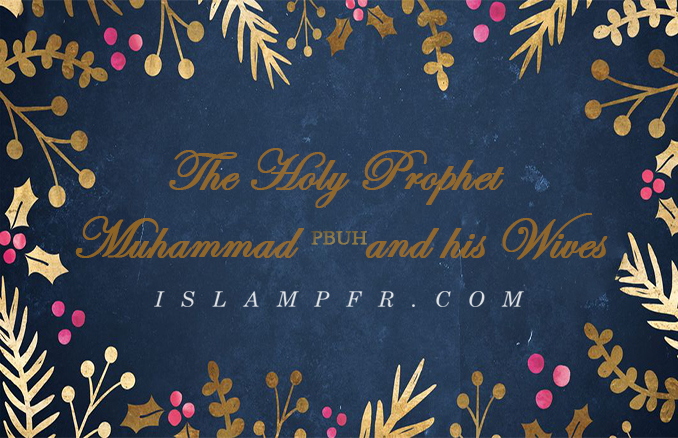
The Holy Prophet Muhammad (PBUH) and his Wives
An attempt to explain why the author of this article fell in love with the Prophet Muhammad and Islam
Writing about the Holy Prophet (PBUH) of Islam is a gigantic undertaking. I must confess that I am neither a scholar, nor have I studied Islam for a great many years, so every single statement I make comes with the limitation of one who has great love, but is still lacking in great subject knowledge, and indeed in correct expression at times.
The main reason I am undertaking this article is because it is through the personality of the Prophet (PBUH) that I found Islam, and in particular through recognising him as an embodiment of all those attributes that we associate with “good”. As I had misconceptions about why he had so many wives, it was striking that it was my revised understanding of the relationship with his wives that made me embrace Islam
If I succeed in communicating to the reader the exemplary, infallible character of the Holy Prophet, and thus the most special person in the history of Islam, this undertaking is worthwhile. I hope to shed some light on the significance of his taking several wives and indeed the love he shared in his marriages
(The general personality of the Holy Prophet (PBUH
With the cynicism and lack of morals rife in our 21st century, it is difficult for some to even imagine a character as unblemished and pure as the Holy Prophet (PBUH). The infallibility which he possessed was of course because of his being chosen as the final Prophet by God. To grasp such a fine character, we should think of all the positive attributes a person may have, and then understand that the Prophet possessed every single one of them, and possibly even ones we did not think of. Fortunately, there are many traditions that narrate his exemplary character
The uncle of the Prophet’s first wife, Khadijahh, said of the Prophet, “his only defect is that he is the root of nobility and greatness and a branch of esteem and honour and incomparable in high morals, famous for his knowledge and excellence…his defect is that he is the moon of the earth and the sun of the sky. His talk is sweeter than honey and his character exemplary in beauty.” Hayat Al- Qulub
An equally beautiful anecdote is this one: “Once, when they came to the Prophet promising him wealth and power, the prophet told them, using metaphorical language, that if they were to put the sun in the palm of his right hand and the moon in the palm of his left hand he would not turn away from obeying the unique God or refrain from performing his mission.” (Shi’ah
As the Holy Prophet is held in high esteem, “there is nobody who does not know the virtues and grace of Muhammad (PBUH) and does not desire to give his daughter in marriage to him.” (Hayat Al-Qulub
The Holy Prophet’s marriage to his first wife, Khadijahh, is a beautiful love story
When the Prophet is 25 years old, he meets Khadijahh, who at that point in time is 15 years older, 40, and who has been married twice before him. Khadijah is described as a woman of considerable wealth, beauty, and intellect, and also as a lady of noble character. “Since Khadijah is convinced of Muhammad’s gracefulness and greatness, she is ready to marry him.” (Hayat Al-Qulub
It is narrated about her that when she first meets the Prophet, she says, “By Allah, in my eyes, whatever is there in this world is nothing in comparison to you. By Allah, O Muhammad! I consider myself a slave girl for you…how can one who loves you more than her life give anything else than affection to you…” (Hayat Al-Qulub)
Lady Khadijah used her great wealth after her marriage to the Prophet to assist him to promulgate Islam, and she sacrificed all her wealth for this, without ever complaining about the privations of her new life. Fifteen years into their marriage, when the Prophet (PBUH) was aged 40, and she was 55, his Prophethood started. Lady Khadijah bore him 1 children, of whom Fatima Zahra would go on to marry the Prophet’s cousin, Ali Ibn Abi Talib (PBUH). The fruit of this union would be the Prophet’s grandchildren, the Second Imam, Imam Hassan, and his brother, the Third Imam, Imam Hussain, as well as their sister Lady Zeinab.
It is narrated that when Lady Khadijah died, “the bliss for Muhammad, of married life, also departed with her. To the end of his life, he reminisced about her, and remembered her with love, affection and gratitude.” (A Restatement of the History of Islam and Muslims)
The Holy Prophet (PBUH) was 50 when she died at 65 years of age, and in their 25 years of marriage she was the only woman he married. The marriage of the Prophet to Khadijah serves as an example to all married couples on how to conduct themselves.
.The wives of the Holy Prophet had a role to play during the Prophethood
In the history of Islam, the role of women in the promulgation of the faith is significant, as are the traditions of them being witness to significant decisions.
Shias and Sunnis have in continuous narrations, mentioned that the first man (male) to believe in the holy religion of Islam was Ali Ibn Abi Talib (PBUH), and the first female was Lady Khadijah (PBUH). (Hayat Al-Qulub) As was already mentioned, she was a great support to her husband in the early days of spreading the message of Islam.
This is narrated by Ibn Babawayh from Imam Ja’far Sadiq (PBUH) through :authentic chains of narration
The Holy Prophet said to Umm Salma (in presence of Ali Ibn Abi Talib): “O Umm Salma, listen to this and be a witness that Ali Ibn Abi Talib (PBUH) is my Vizier in the world and the hereafter.” (Hayat Al-Qulub) This is a significant message, and the Prophet delivers it with his Umm Salma, his second wife, as a witness.
The Prophet (PBUH) takes eleven wives after the death of Lady Khadijah
Even after his first wife dies, he initially takes only one new wife, often referred to as Umm Salma, a widow with 5 children, and his only wife for four years. He goes on to marry another widow, and also two women who are captives and whom he frees, then marries. One of these eleven wives gifts herself to him. He “often tried to win the loyalty of a clan or tribe by marrying one of its women.” (eg. Umm Habiba bint Abu Sufyan, Safiya bint Akhtab) (A Restatement of the History of Islam and Muslims)
“When Mohammed Mustafa (may God bless him and his progeny) died in 632, he had nine wives in his harem.” (A Restatement of the History of Islam and Muslims) This is a fact which is often misunderstood by the West; having more than one wife is not common practice in the West, indeed is generally illegal to do so. Considering that several of these wives were widows, or had been divorced, there is obviously a different motivation at play here.
“All the wives of the Holy Prophet except Ummu’l – Mu’minin Khadijah are of equal rank.” (Peshawar Nights) There were also two special slave girls whom the Holy Prophet did not marry though. One of these two slave girls was Mariya, the only woman except for Khadijah who bore him children; she gave birth to Ibrahim, however, the child died in his first year of life.
Only one of his wives was a virgin when he married her. As everything has a purpose, there is a purpose to the Prophet taking widows and divorced women for wives, as well as captives to whom he restores their freedom.
?What qualities should one look for in a spouse
Imam Jawad (PBUH) wrote in a letter: “Whoever solicits you in marriage and you are convinced of his religion and his honesty, then do unite with him in wedlock.” (A Bundle of Flowers)
Once a man told Imam Hussain (PBUH) that he had a daughter and asked whom he (PBUH) would advise him to give her to in marriage, and he said: “Give her in marriage to someone who (has Faith and) fears Allah, Almighty and Glorious, because he will love and respect her, and if he becomes angry with her, he will not hurt her.” (A Bundle of Flowers)
These are not the qualities that are the main motivators in many Western marriages, it seems. Yet the importance of faith in shaping a good person is narrated in many traditions;
Imam Musa Kazim (PBUH) narrated from his father Imam Sadiq (PBUH) from the Holy Prophet (PBUH) who said: “However much the Faith of a man increases, his regard for women increases.” (A Bundle of Flowers)
Imam Sadiq (PBUH) said: “Everyone who intensifies love for us (Ahl al-Bayt) intensifies love for his wife, too.” (A Bundle of Flowers)
The special relationship between faith and felicity is illuminated in this narrated tradition from the Holy Prophet (PBUH):
“The example of my household (Lady Fatima Zahra (PBUH) and the twelve Imams) is like that of the Noah’s (PBUH) ship. Who so ever boards it will get rescued (salvation) and the one who opposes the boarding of it, gets drowned.” (Fascinating Discourses)
?What are the standards of behavior expected from spouses
The teachings of the Holy prophet reveal great tenderness and steadfastness towards the wife and even 1,400 years later provide a comprehensive guidance to married couples. The Holy Prophet (PBUH) said:” Any man who is patient with the wife who is bad tempered, and seeks that patience from Allah, He bestows him the reward given to the thankful ones.” (A Bundle of Flowers)
Imam Baqir (PBUH) said: “He who takes a woman (marries) should certainly respect her, because the wife of anyone of you is a means of your pleasure, so the one who marries a woman should not spoil or disgrace her (by disregarding her respectable rights).” (A Bundle of Flowers)
“An ardent (honourable) one never at all commits adultery.” (Fascinating Discourses)
The Holy Prophet (PBUH) said:” A man’s word telling his wife: “I love you” never will quit her heart.” (A Bundle of Flowers)
“Islam does not permit the burdening of wives with heavy duties.” (For a Better Future)
Amir al Mu’mineen Imam Ali (PBUH) said: “The worst man is he who restricts his household.” (A Bundle of Flowers)
Unjust control of a man over his wife is not justified: “When Islam gave this guardianship to man, it ordered him to be fair, honest, and wise. If man is not so, then the wrong lies in man himself and not in the verdict of guardianship.” (For a Better Future) The husband has the right to convey guardianship to his wife as well; guardianship is a positive thing as long as the husband has positive qualities. (For a Better Future)
Regarding having several wives, the Prophet (PBUH) said,” He, who has two wives but does not treat them equally concerning sentiment and financial affairs, will come on the Day of Resurrection handcuffed and bent over, and then he will enter into the fire.” (For a Better Future)
The Holy Prophet had regard for women in his final moments of life
“According to existing traditions, the last words on his lips were advice concerning slaves and women.” (Shi’ah)
Summing up my points, I hope it has become apparent that
- The Holy Prophet was a person endowed only with good attributes
- His marriage to Khadijah is a very special love story
- His subsequent marriages provided security for divorced, widowed women, freedom to captives, the joining of tribes through marriage into other tribes
- The traditions narrated through the Holy Prophet (PBUH) and the Ahl al-Bayt (PBUH) can illuminate to us in the 21st century how to achieve marital felicity
Zeinab Saani
Australian writer
Bibliography
Hayat Al Qulub, A detailed Biography of Prophet Muhammad (PBUH)
Abu Ali al Fadl ibn al Hasan Tabarsi, Beacons of Light
A Bundle of Flowers; from the Garden of Traditions of the Prophet (PBUH) and Ahlul Bayt (PBUH)
Abdul Adkeem al-Muhtadi al-Bahrani, For a Better Future
Sayyid Ali Ashgar Kazwy, A Restatement of The History of Islam and Muslims
Sultanal-Waizin Shirazi, Peshawar Nights
Fascinating Discourses of Fourteen Infallibles (PBUH)
Allamah Sayyid Muhammad Husayn Tabatabai, Shi’ah
Islampfr.com
